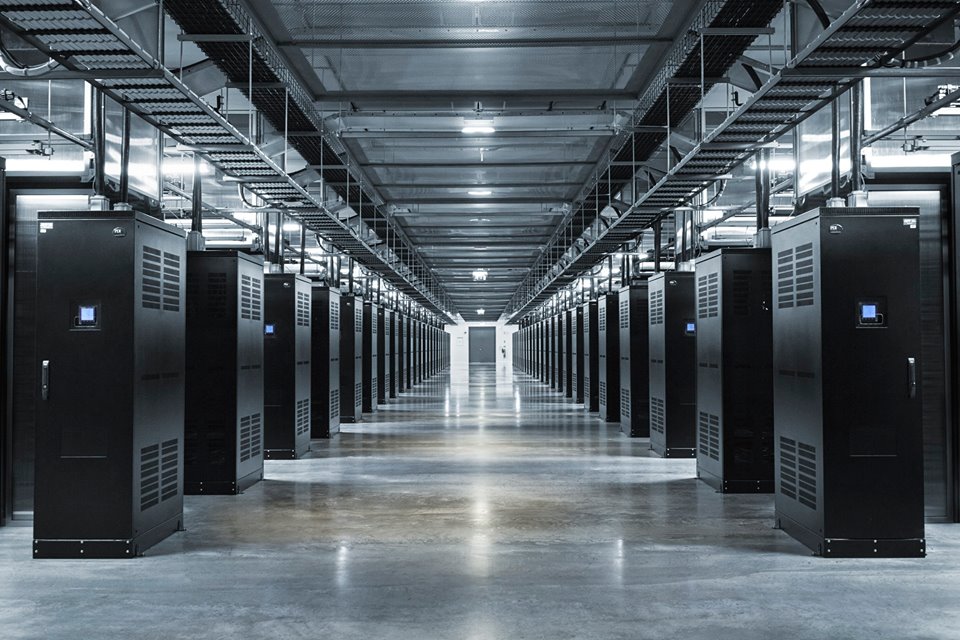Meta Looks To Nuclear Energy For US Data Centres

Facebook parent Meta joins other big data centre operators and explores use of nuclear energy to help it meet AI and sustainability objectives
|
Getting your Trinity Audio player ready...
|
Meta Platforms has become the latest tech giant to explore the use of nuclear energy for its fleet of data centres in the United States.
Meta announced it will release a request for proposals (RFP) to identify nuclear energy developers to help it meet its AI innovation and sustainability objectives. The tech giant is targeting 1-4 gigawatts (GW) of new nuclear generation capacity in the US for its data centres.
This is the latest announcement after a string of deals signed by big name tech platforms seeking to secure secure nuclear energy for their data centres.

Going nuclear
In May 2023 for example Helion Energy (the Sam Altman) backed clean energy provider, announced it had signed a deal to provide clean nuclear fusion energy to Microsoft by 2028.
Microsoft also signed a power purchase agreement in September 2024 to restart a shuttered nuclear reactor at Three Mile Island.
Then in October 2024, Alphabet’s Google signed what it called the world’s first corporate agreement to buy power from multiple small modular nuclear reactors (SMRs).
SMRs are an advanced kind of nuclear reactor with a smaller physical footprint, allowing them to be built closer to the grid.
There are no SMRs in the US, at the moment.
Google said it would buy power from Kairos Power in a move that it said would send a demand signal to the market, while making a long-term investment in the industry to accelerate its commecialisation.
Shortly after that Amazon announced it had also signed three agreements on developing small modular reactors (SMRs).
These SMRs will help Amazon satisfy the power demands from its data centres, and comes after Amazon purchased a nuclear-powered data centre from Talen Energy for $650m in March this year.

Image credit Amazon
These types of deals comes as the energy demand from tech firms accelerates due to the intense power usage of generative artificial intelligence (AI) deployments in data centres.
A Goldman Sachs report this year projected US data centre power use would roughly triple from 2023 to 2030, requiring 47 gigawatts of new generation capacity.
The company also said in a study that AI could actually reduce the demand for oil, and thus weigh on oil prices, over the next decade by improving supply and reducing costs through improved logistics and an increase in profitably recovered resources.
Meta RFP
Now Facebook parent Meta Platforms has announced that it is joining Amazon, Microsoft, and Google in efforts to get more nuclear reactors up and running.
Meta said it is interested in both SMRs and larger reactors. The firm currently operates 22 data centres in the United States.
It said that as new innovations bring impactful technological advancements across sectors and support economic growth, it believe that nuclear energy can help provide firm, baseload power to support the growth needs of the electric grids that power both its data centres, as well as the communities around them.
“Supporting the development of clean energy must continue to be a priority as electric grids expand to accommodate growing energy needs,” it said. “At Meta, we believe nuclear energy will play a pivotal role in the transition to a cleaner, more reliable, and diversified electric grid. That is why today we announced that we will be releasing a request for proposals (RFP) to identify nuclear energy developers to help us meet our AI and sustainability objectives.”
It said its aim is to add 1-4 GW of new nuclear generation capacity in the US to be delivered starting in the early 2030s.
Meta is looking to identify developers that can help accelerate the availability of new nuclear generators and create sufficient scale to achieve material cost reductions by deploying multiple units, both to provide for Meta’s future energy needs and to advance broader industry decarbonisation.
Meta said this RFP is part of its planning for its data centre energy needs in the future, while simultaneously contributing to a reliable grid and advancing its sustainability commitments.